Prunella vulgaris plant is commonly known as the self heal herb. It has been used medicinally for centuries. The entire plant is edible, and can be used both internally and externally to treat a number of health complaints and wounds. Depending on the region grown, prunella blooms from June through August with lavender or white flowers. This easy-care plant is adaptable enough to grow nearly anywhere, prunella performs best on woodland edges and meadows. They require cool to mild temperatures and sun to partial shade. Prunella is related to mint and prone to vigorous spreading, some form of containment (such as bottomless pots) may be necessary in flower beds or borders. Mature plants reach about 1 to 2 feet high (31-61 cm.), at which time they will fall over and attach new roots to the ground. Description from Gardening Know How
Home > Plant Guide >
Scientific Name
Family
Garden Type
Wildlife
Native Plant Region
Light needs
Water Needs
Plant Type
Bloom Color(s)
Height
Width
Months in Bloom
Safe Beneath Power Lines?
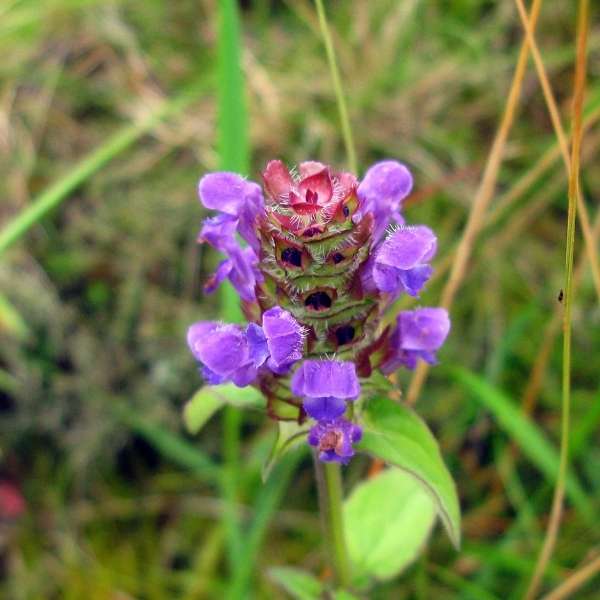
We’d like to maintain accurate and robust plant listings. If you see information that is not correct or that could be added to improve the listing, please let us know. Or if you’d like to suggest a plant to add to our plant guide, you can use this form do so. Thank you!
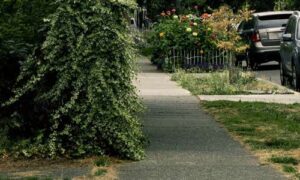
Start a garden in a planting strip along the street. Explore our interactive corridor map, find what to grow, and start nurturing today.
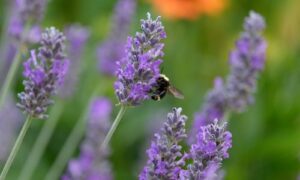
Check out our list of local wildlife-supporting plant stores and nurseries, organizations, and community science opportunities.
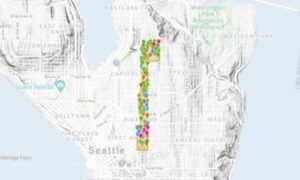
Get involved by sharing and mapping the birds, animals and nature around you to help the community understand the biodiversity in our neighborhood.
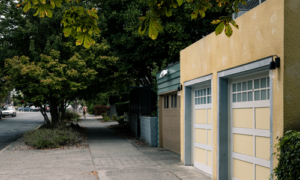
Take a virtual tour of Capitol hill with naturalist and author David B. Williams and gain a new appreciation of the nature of the city and its wild side.
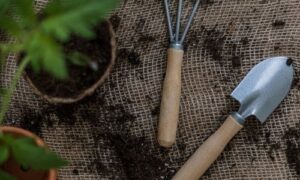
New types of vegetation can attract additional wildlife to an area. You might be surprised how a little green can go a long way!
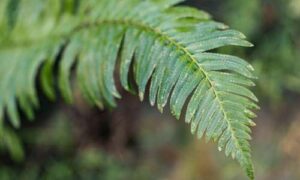
Despite the urban character and the high population density, a surprising diversity of life exists in Capitol Hill. Explore a few physical aspects of our urban ecosystems and meet some of its more-than-human residents.
Nature of Your Neighborhood is a collaboration between Birds Connect Seattle, the Capitol Hill EcoDistrict, and the Seattle Bird Conservation Partnership. Our goal is to foster relationships between the people and the nature of their neighborhoods.